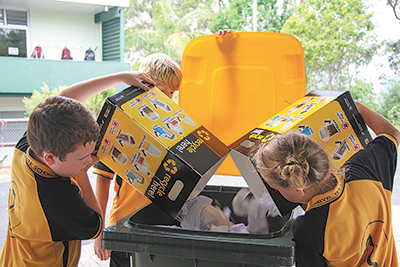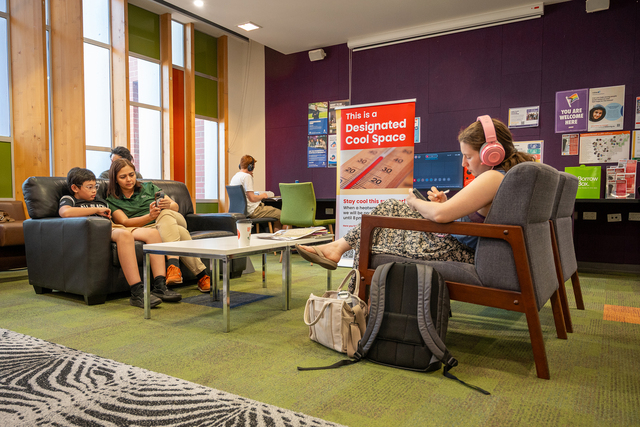Sunshine Coast Council in Queensland has released a forward-thinking sustainability benchmarking report to help curtail greenhouse gas emissions.
The Sunshine Coast Council Organisational Environmental Sustainability Benchmarking Report 2015/2016 provides an annual snapshot of the organisation’s greenhouse gas footprint and sustainability performance.
One of the key findings the report reveals is that the council’s total emissions, including emissions from community waste managed at council landfills, decreased by 12.3 percent (20,150 tonnes of greenhouse gas) since the benchmark year of 2014/2015. This is equivalent to taking approximately 6000 vehicles off the road a year.
Mayor Mark Jamieson said the sustainability benchmarking report was a first-of-its-kind in Queensland and demonstrated leadership in sustainability and greenhouse gas reporting.
“Today’s endorsement of the report is central to achieving our commitment to being Australia’s most sustainable region and meeting our greenhouse gas emissions reduction targets,” said Mayor Jamieson at the time of the report’s release.
“The environmental sustainability benchmarking exercise started in 2014/2015 to collect baseline data to measure and monitor our greenhouse gas (carbon) emissions, waste, energy consumption, transport use, water use, green buildings and programs, and internal systems and processes that deliver sustainability outcomes.
“Collecting information on these indicators in a consistent way that is quantifiable and measurable enables us to monitor changes over time, improve business efficiency and identify opportunities for investment and cost savings.”
Environment Portfolio Councillor Jenny McKay said council continues to implement a range of energy efficiency and sustainability initiatives and programs such as participation in the voluntary international Airport Carbon Accreditation Program, increasing landfill gas flaring at both landfills, staff sustainability events and programs and vehicle streamlining.
“These projects are delivering noticeable results when comparing how council is tracking on key indicators in the 2015/2016 Benchmarking Report against the baseline data collected in 2014/2015,” said Cr McKay.

















